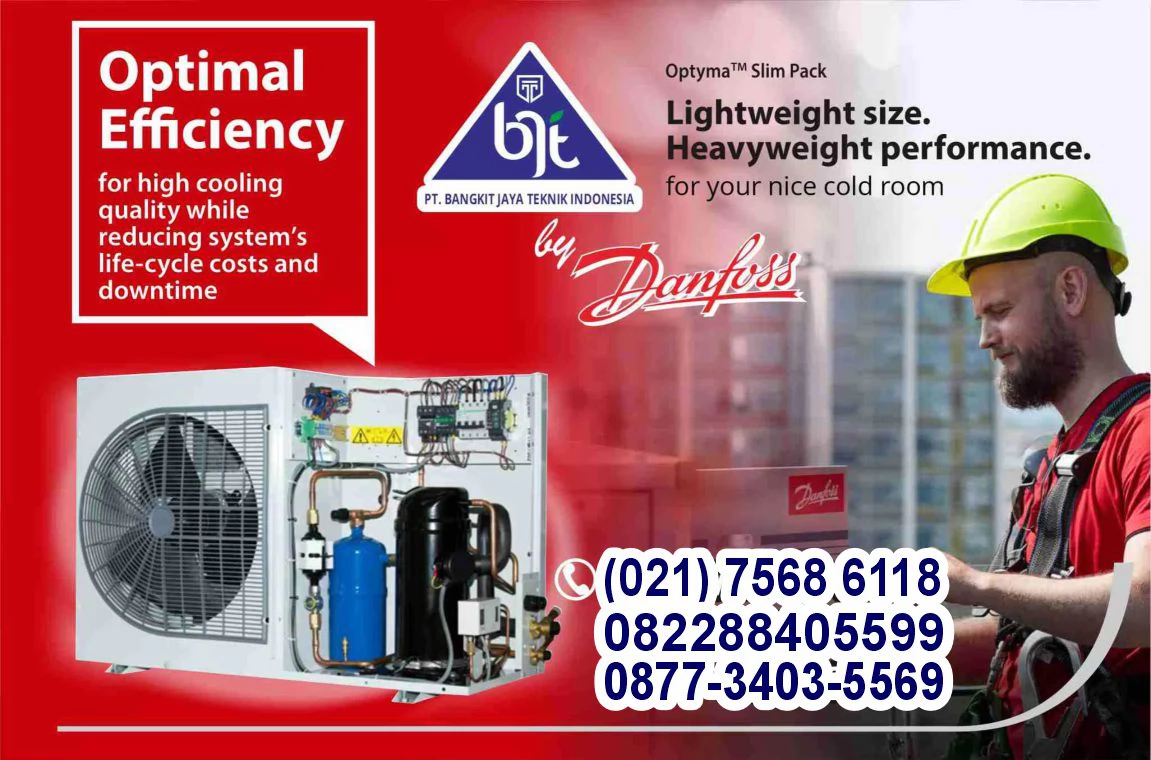In the highly competitive fish business, a 2-ton cold storage freezer is a valuable investment. With the ability to maintain fish freshness, extend shelf life, optimize stock management, and improve product quality, cold storage plays a key role in the success of fish businesses. It also provides flexibility, regulatory compliance, and convenience in sales, all of which contribute to increased profitability. In a constantly evolving business world, a 2-ton cold storage freezer is a crucial tool that helps fish businesses stay competitive and meet the demands of a changing market. With the right investment, fish businesses can continue to grow and thrive, prioritizing product quality and customer satisfaction. In conclusion, the benefits of using a 2-ton cold storage freezer for fish businesses are manifold. From preserving product quality to enhancing efficiency and compliance, investing in this technology is a strategic decision that contributes significantly to the success and growth of fish businesses in today's competitive market.
Introduction
In the realm of fish businesses, the utilization of a 2-ton cold storage freezer yields a plethora of benefits that significantly enhance operational efficiency, product quality, and overall profitability. Let's delve into the numerous advantages that this technology offers to fish businesses of all scales.
Enhanced Preservation Capabilities
A 2-ton cold storage freezer ensures optimal preservation of fish products by maintaining a consistent and low temperature. This preservation capability extends the shelf life of fish, reducing waste and increasing the availability of fresh products for consumers.
Increased Storage Capacity
One of the primary advantages of a 2-ton cold storage freezer is its ample storage capacity. This allows fish businesses to store larger quantities of inventory, catering to varying demand fluctuations without compromising on product quality.
Improved Product Quality
The precise temperature control provided by a 2-ton cold storage freezer helps in preserving the texture, flavor, and nutritional value of fish products. This leads to higher customer satisfaction and repeat business due to consistently high-quality offerings.
Cost Savings and Efficiency
By reducing the risk of spoilage and waste, a 2-ton cold storage freezer contributes to cost savings for fish businesses. Additionally, efficient storage and inventory management lead to streamlined operations and improved overall efficiency.
Compliance with Regulatory Standards
Many regulatory standards and certifications require proper cold storage facilities for perishable goods like fish. Investing in a 2-ton cold storage freezer ensures compliance with these standards, enhancing the credibility and trustworthiness of the business.
Versatility in Storage Options
Apart from fresh fish, a 2-ton cold storage freezer can also accommodate frozen fish products, seafood, and other perishables. This versatility allows businesses to diversify their offerings and cater to a broader customer base.
Energy Efficiency
Modern 2-ton cold storage freezers are designed with energy-efficient features, reducing electricity consumption and operating costs in the long run. This sustainability aspect aligns with environmental regulations and demonstrates corporate responsibility.
Seamless Integration with Supply Chain
Cold storage freezers play a crucial role in the supply chain of fish businesses. A 2-ton freezer ensures seamless integration by maintaining product integrity from procurement to delivery, minimizing losses and maximizing profitability.
Manfaat Freezer Kapasitas 2 Ton untuk Bisnis Ikan/Seafood
Pendahuluan
Di dunia bisnis ikan dan seafood, memiliki cold storage freezer berkapasitas besar menjadi salah satu faktor kunci untuk kesuksesan. Artikel ini akan mengulas manfaat dari freezer kapasitas 2 ton untuk bisnis ikan/seafood. Mari kita jelajahi bersama!
Pengertian Cold Storage Freezer
Cold storage freezer adalah perangkat penyimpanan yang didesain untuk menjaga suhu rendah secara konsisten, membuatnya ideal untuk menyimpan ikan dan seafood dalam jumlah besar.
Kelebihan Kapasitas 2 Ton
Freezer dengan kapasitas besar memungkinkan bisnis ikan/seafood untuk menyimpan stok dalam jumlah besar tanpa khawatir kehabisan ruang.
Pemeliharaan Kualitas
Dengan suhu yang stabil, cold storage freezer menjaga kesegaran dan kualitas ikan/seafood, mengurangi risiko kerusakan dan pemborosan.
Efisiensi Penyimpanan
Memiliki kapasitas besar memungkinkan penyimpanan yang efisien dan terorganisir, mempermudah pengelolaan stok dan distribusi.
Penghematan Biaya
Penggunaan cold storage freezer berkapasitas besar dapat mengurangi biaya operasional dengan meminimalkan pemborosan dan kerusakan stok.
Kepatuhan Standar Keselamatan
Freezer besar umumnya dilengkapi dengan fitur keamanan dan kontrol suhu yang memenuhi standar keselamatan pangan.
Menyediakan Stok yang Stabil
Dengan kapasitas besar, bisnis dapat memastikan ketersediaan stok yang stabil, menjaga kepuasan pelanggan dan memenuhi permintaan pasar.
Meningkatkan Produktivitas
Penggunaan freezer kapasitas besar meningkatkan efisiensi dalam proses penyimpanan, memungkinkan fokus lebih pada aspek produksi yang lain.
Memenuhi Permintaan Pasar
Dengan stok yang cukup, bisnis dapat merespons permintaan pasar dengan lebih cepat dan efektif, meningkatkan reputasi dan kepercayaan pelanggan.
Perlindungan dari Kerusakan
Cold storage freezer membantu melindungi produk dari kerusakan akibat perubahan suhu, menjaga kualitas dan nilai jualnya.
FAQ: Berapa Lama Bisa Menyimpan Ikan di Freezer?
Anda dapat menyimpan ikan di freezer dengan aman selama beberapa bulan tergantung pada jenis ikan dan suhu penyimpanan yang diatur.
FAQ: Apakah Freezer Kapasitas 2 Ton Cocok untuk Bisnis Kecil?
Meskipun berkapasitas besar, freezer 2 ton dapat disesuaikan untuk bisnis kecil dengan memanfaatkan ruang penyimpanan yang optimal.
FAQ: Bagaimana Cara Merawat dan Membersihkan Freezer dengan Benar?
Membersihkan secara rutin dan menjaga suhu serta kelembaban yang tepat adalah kunci utama dalam merawat freezer dengan baik.
FAQ: Apakah Freezer Kapasitas Besar Mengonsumsi Banyak Energi?
Meskipun kapasitas besar, freezer modern cenderung lebih efisien dalam penggunaan energi, mengurangi konsumsi secara signifikan.
FAQ: Apakah Ada Risiko Kualitas Produk Menurun di Freezer Lama?
Dengan pemeliharaan yang baik, risiko penurunan kualitas produk di freezer lama dapat diminimalkan, memastikan produk tetap bermutu.
Kesimpulan
Dengan menggunakan cold storage freezer berkapasitas 2 ton, bisnis ikan/seafood dapat mengoptimalkan penyimpanan, memelihara kualitas produk, menghemat biaya, dan memenuhi standar keselamatan. Dengan menjawab pertanyaan umum melalui FAQ, pembaca dapat memahami manfaat dan cara optimal mengelola freezer untuk keberhasilan bisnisnya.
Benefits of a 2 ton cold storage freezer for fish businesses
